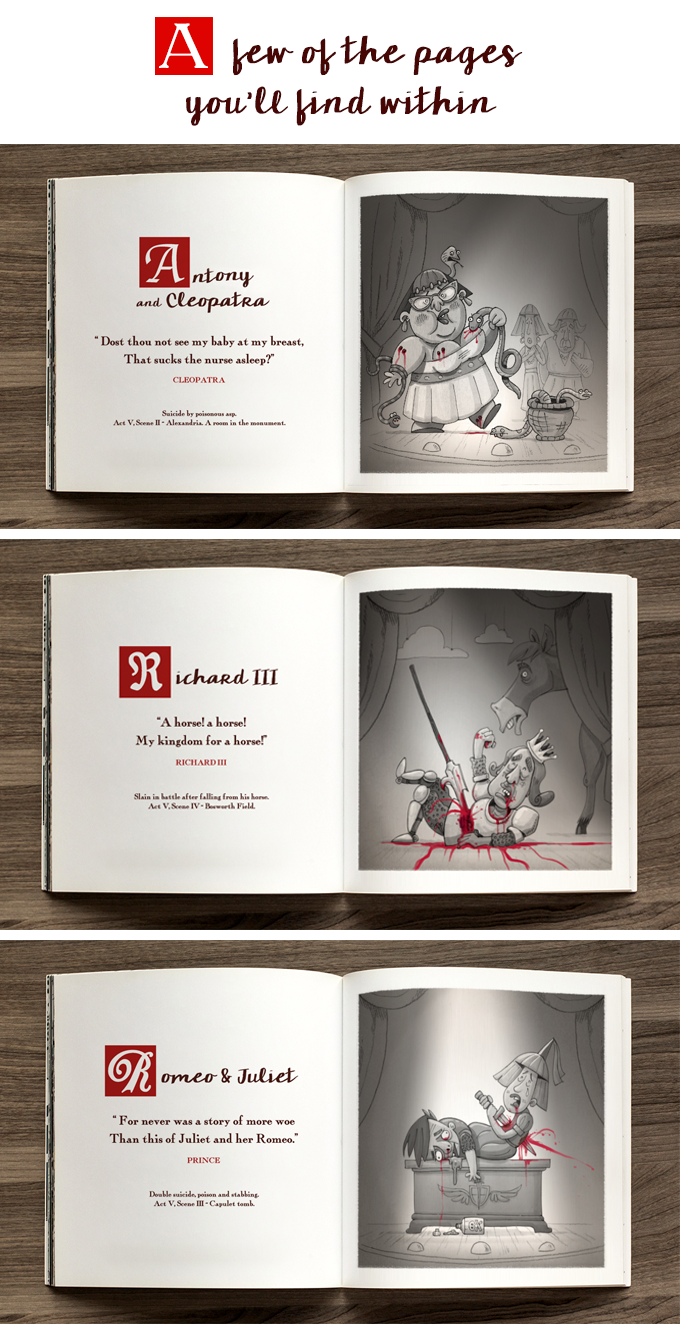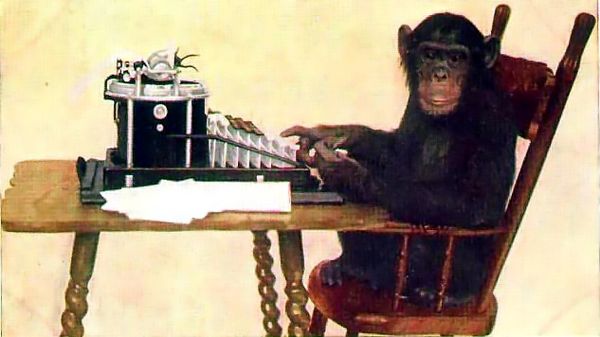The first ladies of Shakespeare are, no doubt, Dame Judi Dench and Dame Helen Mirren. But there’s a third contender for that throne who does not get nearly enough blog time here on Shakespeare Geek. Let’s remedy that, shall we?
You likely know Dame Maggie Smith as either Professor McGonagall in the Harry Potter movies, or the Dowager Countess from Downton Abbey. But those are just two of her more recent and more popular roles. She’s been in over fifty movies. How many of these have you seen?
Gnomeo and Juliet. Sister Act. Nanny MacPhee. Hook. The Best Exotic Marigold Hotel. The Room With A View. The Prime of Miss Jean Brodie.
I’m literally just pulling the ones there that I think are most recognizable. Sometimes it feels like she’s in everything, the industry’s go-to “cranky but kind-hearted, amusing old lady.”
Just like with Alan Rickman, I see an actor I like and think, “Please tell me there’s some Shakespeare there.”
Her stage debut came as Viola in Twelfth Night, 1956.
How about Desdemona opposite Olivier’s blackface Othello in 1965?
Or Beatrice in 1967 Much Ado About Nothing? (She played opposite her husband Robert Stephens – something later echoed by Kenneth Branagh and Emma Thompson in his 1995 version.)
We can’t forget the Duchess of York in Sir Ian’s 1995 Richard III!
And those are just her IMDB credits. I can’t even list all of the stage credits to be found on her Wikipedia page. She’s won numerous Shakespeare awards, and has worked with both Sir Laurence Olivier and Sir Ian McKellen (not to mention Dames Helen Mirren and Judi Dench).
Unfortunately I think I see why we don’t see her nearly as often as we should in our Shakespearean side of the universe. It’s not just that Shakespeare didn’t write a Prospero or Lear for the ladies (that certainly didn’t stop Helen Mirren). No, it’s that Smith herself just doesn’t see it:
I wanted to be a serious actress, but of course that didn’t really happen. I did Desdemona [at the National, opposite Olivier] with great discomfort and was terrified all the time. But then everyone was terrified of Larry.
Ultimately, Shakespeare just wasn’t her thing. No, seriously.
My career is chequered. Then I think I got pigeon-holed in humour; Shakespeare is not my thing.
That’s ok, we still love you. To end on a happy note, enjoy How To Be Fabulous, starring Judi Dench, Helen Mirren and Maggie Smith 🙂
P.S. – Here’s where I got that image. Check out Helen Mirren! Wow.





